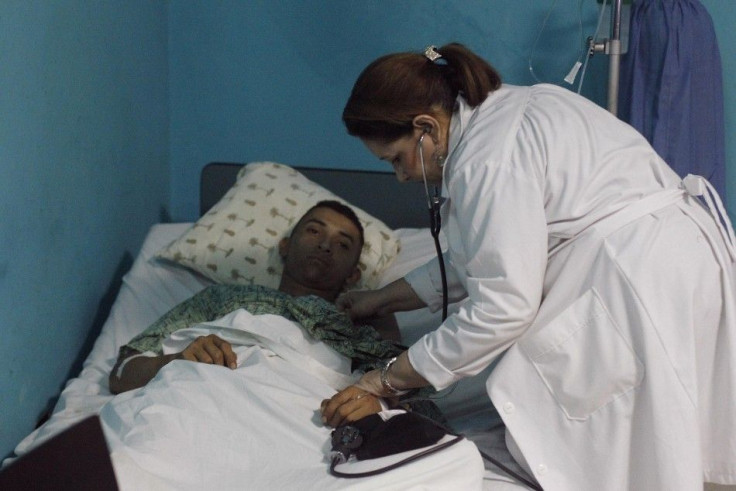PM Tony Abbott ‘Admits’ Defeat Of Proposed $7 GP Co-Payment

The $7 general practitioner co-payment proposed by Australian Prime Minister Tony Abbott is good as dead. He has reportedly accepted privately that the proposal would not be approved in the Australian Senate where the Opposition, Greens and crossbenchers rule.
The $7 GP co-payment was announced in the May budget. Five dollars of that amount was supposed to go to a proposed new Medical Research Future Fund. Before May, speculations were that the co-payment could be as high as $15, but criticisms ahead of the proposal led to a lower amount which is still unacceptable to many Australians.
There are more cuts to come for Coalition initiatives such as the paid parental leave as the government prepares its mid-year budget statement in December and appease voters for 2015. A week ago, Mr Abbott described those Coalition policies that have been resisted by Aussies in public opinion survey as "barnacles" that are stuck to the hull of the government ship, reports The Sydney Morning Herald.
YouTube/Qldaah
However, the PM has not officially conceded defeat on the GP co-payment scheme. To convince Mr Abbott to give up the proposal, some ministers plan to forward the argument that "it is a luxury that cannot be afforded."
Other justification for scrapping the scheme are the negative impact of the declining commodity prices on the federal budget.
One more "barnacle" that the ministers could propose to be cut is university deregulation which the Senate has blocked, although the government is reportedly eyeing negotiating with some backbenchers on the issue, such as with Senator Jacqui Lambie, formerly with the Palmer United Party, who is scheduled to meet with the PM next week.
But removing the GP tax and cutting interest rate so student loans would become more affordable would mean bigger hits on the federal budget. Treasurer Joe Hockey is expected to release the mid-year budget by Dec 15.
Opposition leader Bill Shorten blamed Mr Abbott's lack of vision for the weak Australian economy characterised by slower growth, doubling of the deficit, a record 12-year high in joblessness and 13-year high in youth unemployment.




















